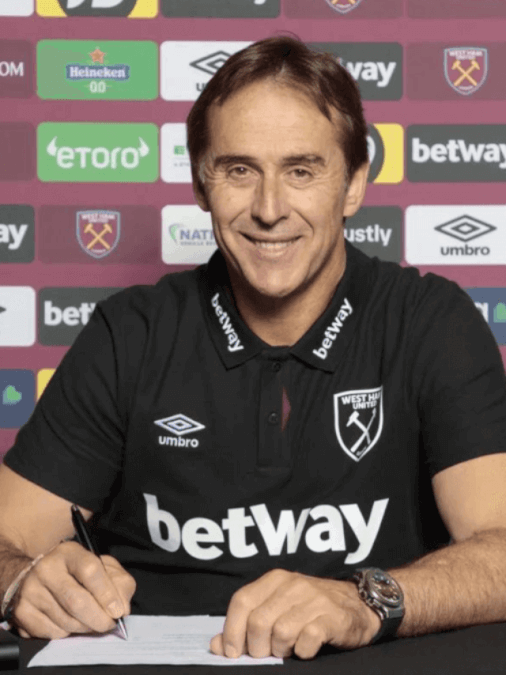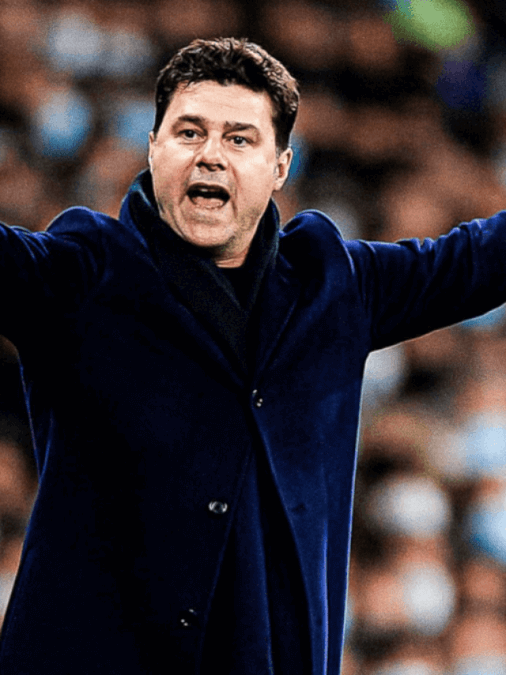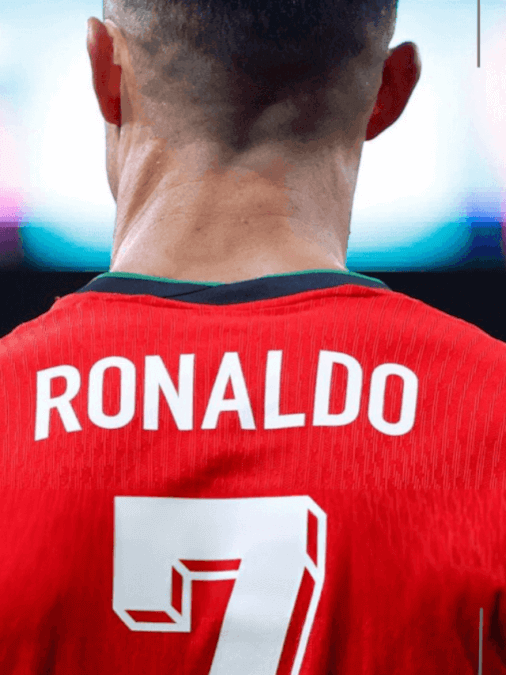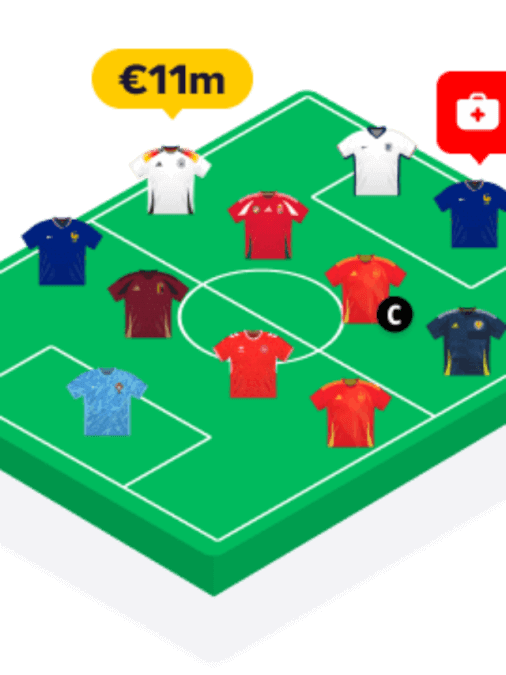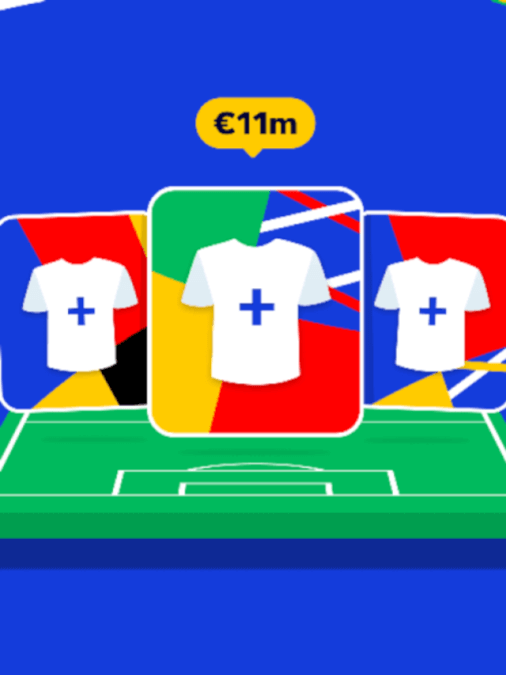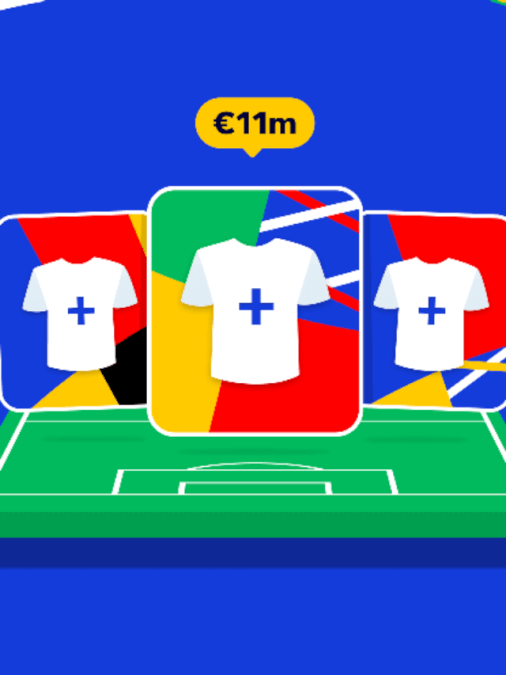Hydration is a crucial aspect of athletic performance, especially for young footballers. While the off-season might suggest a break from rigorous training, young athletes often continue to train, albeit at lower intensities.
This article will explore the hydration needs of young footballers during the off-season, emphasizing the importance of adjusting fluid intake even when the training load is lighter.
By understanding hydration requirements, athletes can maintain peak performance and support their overall health.
Understanding Hydration Needs
The Basics of Hydration
Hydration is essential for maintaining optimal body function, particularly during physical activity. Water plays a vital role in regulating body temperature, lubricating joints, and transporting nutrients.
When athletes are adequately hydrated, they can perform better, recover faster, and reduce the risk of injuries.
Factors Influencing Hydration Requirements
Hydration needs can vary significantly based on several factors:
- Age, Weight, and Activity Level: Younger athletes often require more fluid due to their growing bodies and varying activity levels. It’s essential to tailor hydration strategies based on these factors.
- Environmental Conditions: Heat and humidity can increase fluid loss through sweat, making hydration even more critical during warmer months.
- Duration and Intensity of Training Sessions: Even during lighter training periods, young footballers should adjust their water intake to match the intensity of their workouts.
Hydration Guidelines for Off-Season Training
General Recommendations
Young athletes should aim for a baseline daily water intake to ensure adequate hydration. A general guideline is to consume approximately 2.5 to 3 liters of water per day, depending on individual factors like weight and activity level.
Training Water Intake: During training sessions, it is advisable to drink about 500-700 ml of water to maintain hydration.
Adjusting for Off-Season Training
During the off-season, athletes may reduce their training intensity, but it’s vital to adjust hydration accordingly. Young footballers should:
- Drink regularly throughout the day, even if they do not feel thirsty.
- Pay attention to body signals that indicate the need for more fluids, such as dry mouth or fatigue.
- Use tools like the hydration calculator to personalize hydration needs based on specific training routines.
Practical Hydration Tips for Off-Season
Create a Hydration Schedule
A hydration schedule can help young athletes develop healthy habits. Here’s a sample hydration schedule for training days:
| Time | Action | Amount |
|---|---|---|
| Morning | Drink upon waking | 500 ml |
| Before Training | Hydrate 30 minutes prior | 300 ml |
| During Training | Sip regularly during sessions | 500-700 ml |
| Post-Training | Rehydrate immediately | 500 ml |
| Throughout the Day | Regular water intake | 1.5-2 liters |
Using a Hydration Calculator
To keep hydration on track during the off-season, young footballers can utilize a hydration calculator that provides personalized recommendations based on individual factors.
This tool is an excellent resource for young athletes looking to optimize their fluid intake.
Hydration Strategies for Different Activities
Hydration strategies should vary depending on the type of training. For example:
- Skill Drills: Maintain hydration with smaller amounts of water throughout the practice.
- Strength Training: Ensure adequate hydration before and after sessions to support muscle recovery.
Signs of Dehydration and How to Avoid It
Recognizing Dehydration Symptoms
Dehydration can significantly impact performance and recovery. Signs include:
- Thirst
- Dark yellow urine
- Fatigue
- Dizziness
It’s essential for young athletes to be aware of these symptoms and take proactive measures to stay hydrated.
Tips to Prevent Dehydration
- Carry Water Bottles: Always have access to water during training sessions.
- Set Reminders: Use phone alarms or apps to remind athletes to drink regularly.
- Hydrate on Rest Days: Even on days without training, maintaining hydration is crucial for overall health and recovery.
Post-Training Hydration
Importance of Recovery Hydration
Post-training hydration is just as important as pre-training. Young footballers should prioritize rehydration immediately after workouts to support recovery and replenish lost fluids.
Suggested Post-Training Fluids: Aim for 500-700 ml of water or a sports drink, especially if training was intense. For more details on this aspect, refer to our article on post-game hydration for young footballers.
Link to Related Articles
For further insights on hydration practices, young athletes may benefit from reading about how to create a hydration plan for young players during tournament days and the role of electrolytes in hydration.
Conclusion
In summary, hydration is a critical component of athletic performance for young footballers, even during the off-season.
By understanding their hydration needs and adjusting their fluid intake accordingly, athletes can maintain optimal performance and support their overall health.
Developing good hydration habits during this period is essential for a successful return to more intense training.
Key Takeaway Table
| Key Point | Details |
|---|---|
| Daily Water Intake | Recommended based on weight and activity level. |
| Adjustments for Off-Season | Modify intake based on training intensity. |
| Hydration Schedule | Regular fluid intake throughout the day is vital. |
| Dehydration Symptoms | Recognize early signs to prevent performance issues. |
| Post-Training Hydration | Essential for recovery; include in routine. |
By following these guidelines, young footballers can ensure they stay hydrated and ready for their next training session, whether in-season or off-season.
